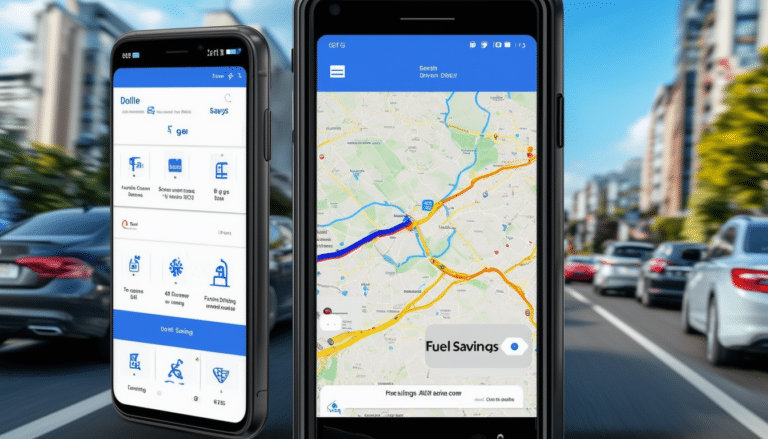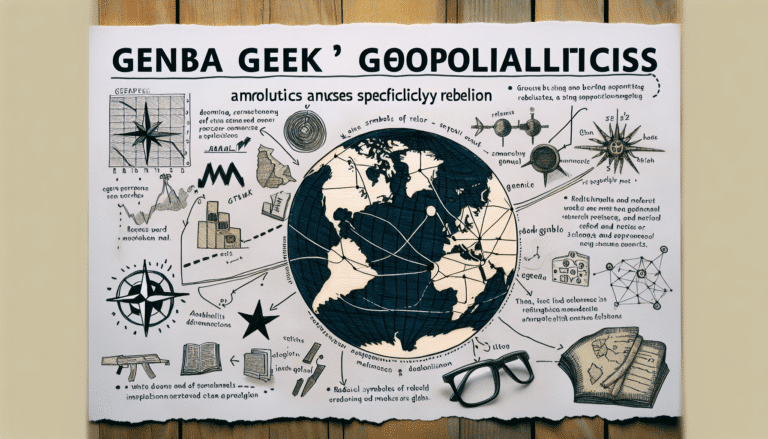Los retos de la reducción del gasto en combustible en el transporte público
The reduction of fuel expenditure in public transport is presented as one of the most significant challenges today. With the constant rise in fuel prices and the increasing pressure to adopt sustainable practices, authorities and transport operators are forced to find efficient strategies that not only optimize resources but also respond to the demand for a more eco-friendly service. In this context, understanding the main obstacles and opportunities is crucial to advancing towards mobility that meets environmental and economic goals.
The reduction of fuel expenditure in public transport has become a crucial topic in the field of sustainable mobility. With the constant rise in fuel prices and environmental concerns, it is essential for cities and transport operators to find effective ways to minimize these costs. In this article, we will explore the main challenges facing the sector as well as the possible solutions that could be implemented.
Adapting to a changing economy
Public transport has historically been a highly cyclical sector that depends on the economy at large. The recent crisis caused by the pandemic has highlighted the fragility of the supply chain and has increased inflationary pressure. Operators must continually adapt to these changes, which includes finding methods to reduce fuel expenditure without sacrificing service quality.
Rising fuel costs
One of the biggest challenges is the constant rise in fuel prices, which has significantly impacted operational costs. A study shows that approximately 60% of public transport experts consider electrifying fleets a priority, not only to address rising prices but also to contribute to sustainability. The transition to electric or hybrid vehicles requires a considerable initial investment, which can be a barrier for many cities.
The impact of technology
Technology plays a fundamental role in reducing fuel expenditure. The implementation of telematics management systems allows fleets to monitor fuel consumption and optimize routes, leading to significant cost reductions. However, integrating these technologies is not straightforward, as many organizations lack the necessary resources to invest in innovation.
Driver education and training
Another relevant challenge is the need to train drivers in efficient driving practices that help reduce fuel consumption. This includes promoting a more eco-friendly driving style and providing tools that enable drivers to optimize their performance. Continuing education and awareness are key to ensuring a substantial improvement in fuel performance within public transport.
Regulation and public policies
Public policies play a crucial role in defining the framework that regulates public transport and its fuel expenditure. Implementing tax incentives, subsidies, and fare discounts can encourage operators to invest in cleaner, more efficient technologies. However, the lack of a clear regulatory framework and support can limit the push towards sustainability.
Government initiatives
Government initiatives must be fundamental in promoting the reduction of fuel expenditure. Programs that encourage the use of electric vehicles and provide subsidies for the purchase of eco-friendly buses are examples of how governments can promote significant change. Policies focused on sustainability can also play a vital role in promoting public transport, making it more accessible and attractive to citizens.
Sustainable solutions
Addressing the challenges of fuel expenditure not only means adapting to new technologies but also seeking sustainable alternatives in mobility. From promoting shared transport to implementing electric scooter and bicycle systems, there are multiple ways to diversify transport options and reduce reliance on fossil fuels.
Active mobility and urban planning
A strategic approach to urban planning can facilitate access to sustainable transport services. Encouraging the use of walkways and bike lanes can not only reduce costs but also improve the quality of life in cities. The “15-minute city” models, where citizens can access basic services without needing to use a vehicle, are gaining traction and contribute to reducing fuel expenditure in public transport.
Partial conclusions
As the world faces the fuel crisis and environmental issues, the public transport sector finds itself at a critical point of transformation. The challenges are complex, but the combination of technology, education, public policies, and sustainable solutions can pave the way towards a more efficient and less expensive transport system in terms of fuel.
The reduction of fuel expenditure in public transport faces significant challenges in an era where fuel costs continue to rise due to global and local economic factors. Dependence on fossil fuels not only increases operational costs but also negatively impacts the environment. The need to adopt cleaner and more sustainable technologies is becoming increasingly urgent.
One of the main challenges is the transition to alternative energies. Although efforts are being made to implement electric and hydrogen vehicles, the initial investment and the necessary infrastructure often pose significant obstacles. Additionally, training staff to operate and maintain these new energy systems also represents a factor to consider.
Moreover, urban planning plays a crucial role in reducing fuel expenditure. Cities must integrate a mobility-oriented design that facilitates the use of public transport and reduces dependence on individual vehicles. However, this urban restructuring often faces budgetary constraints and a lack of collaboration across different levels of government.
On the other hand, education and awareness of public transport users are also essential. Raising public awareness about the impact of fuel expenditure and promoting sustainable transport habits can contribute to reducing consumption. Initiatives that promote the use of bicycles or shared transport should be encouraged to complement the existing public transport offerings.
Finally, an effective approach requires collaboration between public and private sectors to develop innovative and sustainable solutions that address the challenges of reducing fuel expenditure. Implementing public policies that favor the use of clean technologies and improving operational efficiency will be essential to facing this issue.






